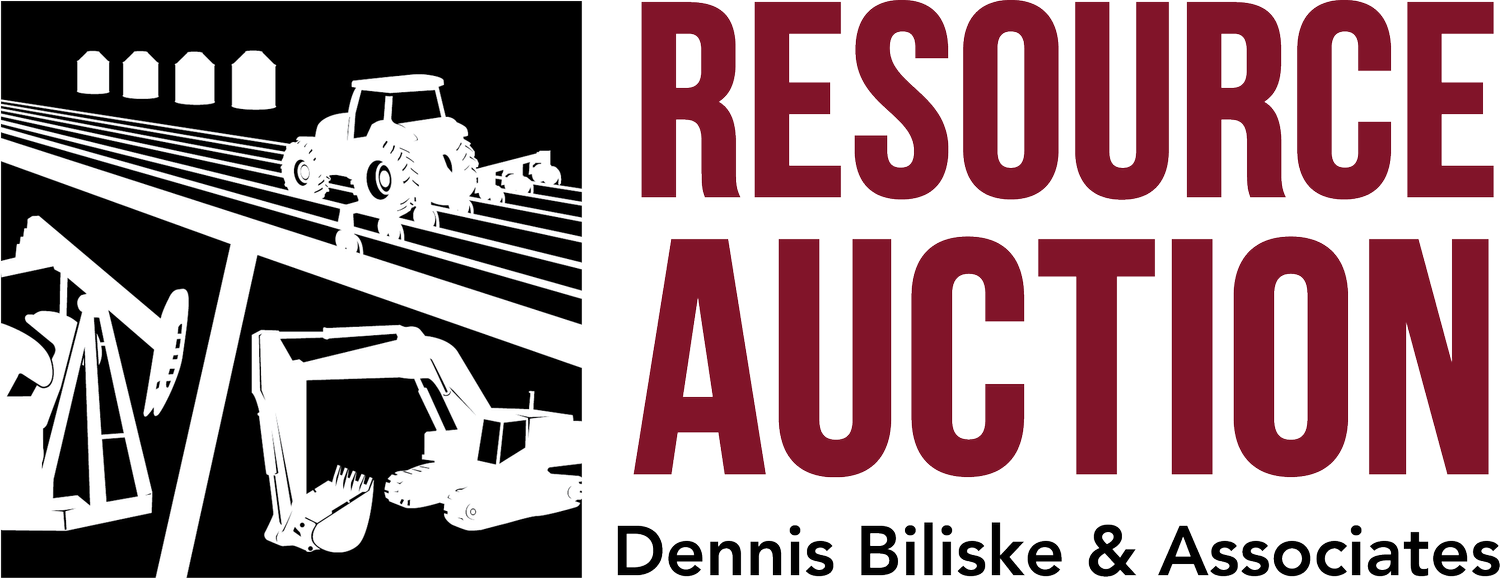Post-Auction: What to Do After You Win
Congratulations on winning your auction! Whether you're a seasoned pro or a first-time bidder, we know you're excited to get your hands on your new equipment. But before you do, there are a few things you need to do to make sure the process goes smoothly.
In this article, we will walk you through the post-auction process, from paying for your equipment to getting it delivered. We will also provide some tips on how to avoid any potential problems.
Paying for Your Equipment
The first thing you need to do after winning an auction is pay for your equipment. The auctioneer will usually give you a few days to do this, but it's important to pay as soon as possible. This will ensure that you get the equipment you want and that the seller doesn't sell it to someone else.
There are a few different ways to pay for your equipment. You can pay in cash, by check, with a credit card, or by ACH or wire transfer. If you're paying by check, make sure to make it payable to the seller and include the auction number on the check. If you're paying with a credit card, be sure to have your card with you when you go to the auction.
Picking up your Equipment
Once you've paid for your equipment, you'll need to pick it up. The auctioneer will usually give you a few days to do this, but it's important to pick it up as soon as possible. This will help to prevent any damage to the equipment and will also make sure that you can start using it as soon as possible.
There are a couple of different ways to pick up your equipment. You can pick it up yourself or have it delivered to you. If you're picking it up yourself, be sure to have a way to transport it. If you're having it delivered, be sure to arrange for delivery in advance.
Getting Your Equipment Registered
Once you've picked up your equipment, you'll need to get it registered. This is important for two reasons. First, it will allow you to legally drive the equipment. Second, it will give you proof of ownership in case the equipment is stolen.
The process for registering equipment varies from state to state. In North Dakota, you can register your equipment at your local county auditor's office. You will need to provide the auditor with the following information:
The make, model, and serial number of the equipment
Your name and address
The date of purchase
The purchase price
The auditor will then issue you a registration certificate. Be sure to keep this certificate in a safe place.
Insurance
Once you've registered your equipment, you'll need to get it insured. This is important in case the equipment is damaged or stolen.
The type of insurance you need will depend on the type of equipment you have. For example, if you have a tractor, you'll need tractor insurance. And if you have a combine, you'll need to combine insurance.
You can get insurance from a variety of sources, including insurance companies, farm credit associations, and equipment dealers. Be sure to shop around to get the best rates.
Maintenance
Once you've got your equipment, it's important to keep it in good condition. This will help to prevent breakdowns and will also extend the life of the equipment.
There are a few things you can do to maintain your equipment:
Follow the manufacturer's maintenance schedule
Change the oil and filters regularly
Inspect the equipment regularly for signs of wear and tear
Have the equipment serviced by a qualified mechanic
By following these tips, you can help to ensure that your equipment will last for many years.
Conclusion
Buying equipment at auction can be a great way to save money. But it's important to be prepared for the post-auction process. By following the tips in this blog post, you can make sure that the process goes smoothly and that you get the most out of your purchase.
We hope this blog post has been helpful! If you have any questions about the post-auction process, please do not hesitate to contact us.

